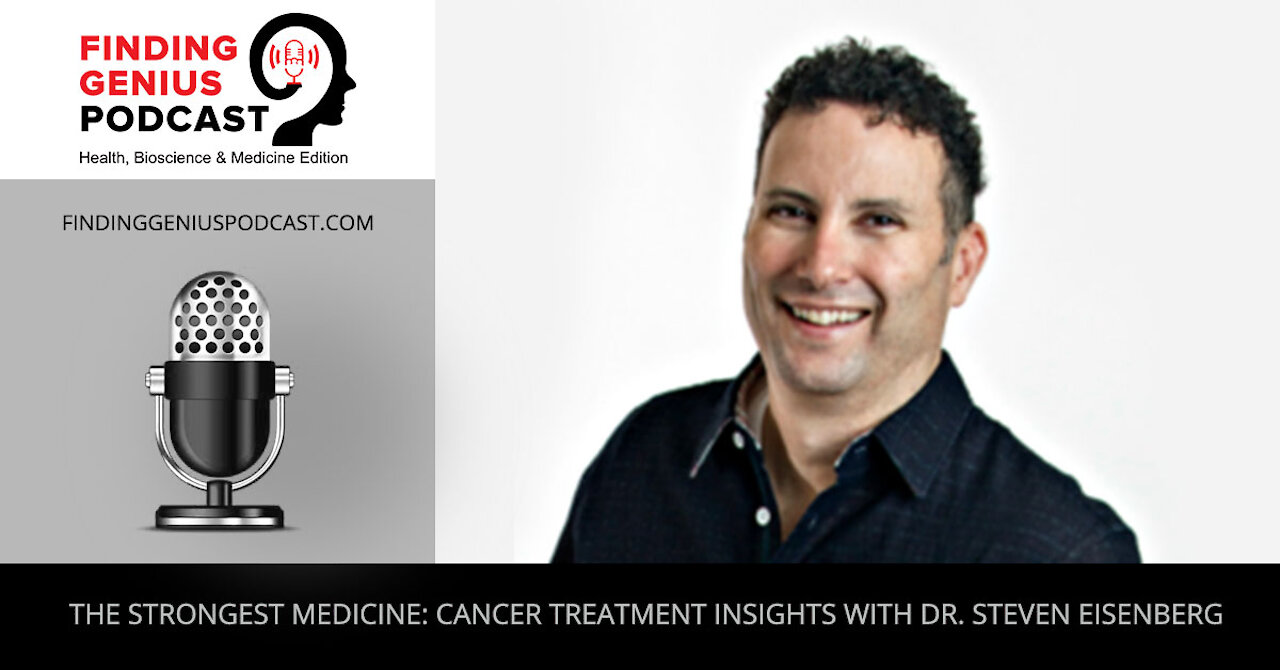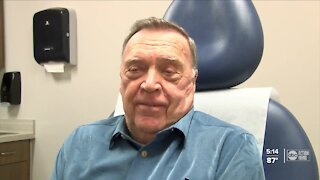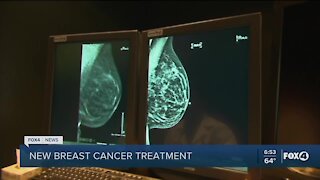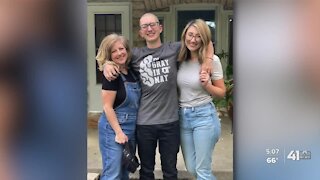Premium Only Content

The Strongest Medicine: Cancer Treatment Insights with Dr. Steven Eisenberg
“I went into oncology because I was fascinated by the human side of cancer,” says Dr. Eisenberg. This motivation gives him a unique focus while struggling alongside his patients searching for a cancer cure. He talks about not leaving his patients’ humanity out of the picture of cancer cells, and how that ultimately provides an effective medicine.
Listen and learn
How he sets the tone at his first patient meeting and what measures he takes to keep that connection during treatment,
Why doctors are facing burnout and how keeping empathy and connection front and center can speak to that struggle,
Why patient engagement and physician enrollment are vital, and
How the mind-body connection can be an ally for a physician and patient.
Oncologist Dr. Steven G. Eisenberg is the author of the new book Love is the Strongest Medicine. He shares the impetus behind the book, including stories of patient interactions and his own burnout and cancer diagnosis that propelled him to a healthier way to be with his patients.
He emphasizes the importance of eye contact and dialogue, especially when patients are facing a diagnosis of cancer and negative emotions that accompany it. He says, “You've got to share your true self, your highest self with that human being that’s suffering in front of you. . . . You refuel your compassion stores, when you break down the wall between doctor and patient.”
He’s also treating and helping doctors with what he says is some of the worst burnout numbers we’ve seen. The pressures of success, the tangle of paperwork, and the fear-draining emotions combine to make it a hard atmosphere for doctors. He’s actually starting a support group called Doctors without Burnout to speak to this trend and help doctors find their motivation again.
His approach is about finding the humanity in both the patient and doctor. When interacting with patients, he says, “Well, if I could make someone smile, if I could make them feel a little bit better, even 1% better than they did before they walked in that office that day,” then he’s practiced an important part of medicine.
Listen in for more inspiration.
Episode also available on Apple Podcasts: apple.co/30PvU9C
-
 0:39
0:39
FGP
5 days ago📢 Why Are Insurance Rates Skyrocketing? 💸📈
461 -
 2:15
2:15
WFTS
3 years agoMinimally invasive skin cancer treatment
1191 -
 5:12
5:12
WMAR
3 years agoBlood Cancer Treatment Options
282 -
 3:20
3:20
KJRH
3 years agoTulsa's Cancer Treatment Centers of America closing
641 -
 3:20
3:20
WMAR
4 years agoNew Lung Cancer Treatment
1.66K -
 2:51
2:51
WCPO
3 years agoTri-State researchers searching for treatment for brain cancer
24 -
 0:27
0:27
WFTX
4 years agoNew breast cancer treatment
12.1K -
 2:50
2:50
WEWS
3 years agoUniversity Hospitals offering new cancer treatment for patients
80 -
 3:10
3:10
WMAR
4 years agoMaryland Proton Treatment Center - Breast Cancer Treatment
83 -
 1:45
1:45
KSHB
3 years agoCancer treatment helping local man live his life to the fullest
26